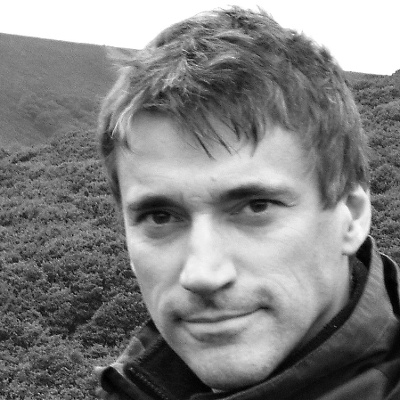 |
Associate Research Fellow Email: Diese E-Mail-Adresse ist vor Spambots geschützt! Zur Anzeige muss JavaScript eingeschaltet sein! |
| Training |
Saverio Krätli studied Philosophy at the University of Bologna, Italy and Anthropology of Development at the University of Sussex, UK (MA). He holds a doctoral degree (2007) from the Institute of Development Studies (IDS), with a research on cattle breeding and generation and management of domestic animal diversity amongst pastoral Wodaabe in Niger (Cows Who Choose Domestication), supervised by Jeremy Swift and Melissa Leach, and examined by Ian Scoones and Brigitte Thébaud. Saverio specialises in the interface between producers, science and policy, with a focus on pastoral production strategies. |
| Career |
From 1999 to 2001, Saverio Krätli was a research assistant at the Institute of Development Studies, working with Jeremy Swift on pastoral development issues. After completing his PhD, Saverio has worked as an international consultant focussing on pastoralism, engaging with the whole spectrum of pastoral development agencies, from grassroots pastoral associations and local NGOs, to governmental, international and Bretton Wood organisations, and research institutes. Since 2009, Saverio has been honorary editor-in-chief of Nomadic Peoples, the historical peer-reviewed journal of the Commission on Nomadic Peoples, the International Union of Anthropological and Ethnological Sciences (IUAES). |
| Experience abroad |
Long term: Niger (Azawagh), Kenya (Turkana and Marsabit), Uganda (Karamoja and Rwenzururu), Ethiopia (Oromia, Ogaden, South Omo Valley and Omorate), and Sudan (West Darfur, and North Kordofan). Short term: Chad, Tanzania, Mongolia. |
| Research |
Saverio Krätli is committed to a trans-disciplinary perspective. He has engaged with issues of conflict, education, tacit knowledge embedded in production strategies, livelihood analysis, pastoral policy analysis, pastoral mobility and production, pastoralism total economic evaluation,. Current research interests focus on the use of environmental variability by dryland production systems, and the gap between drylands/pastoral development theory and methodologies. |


